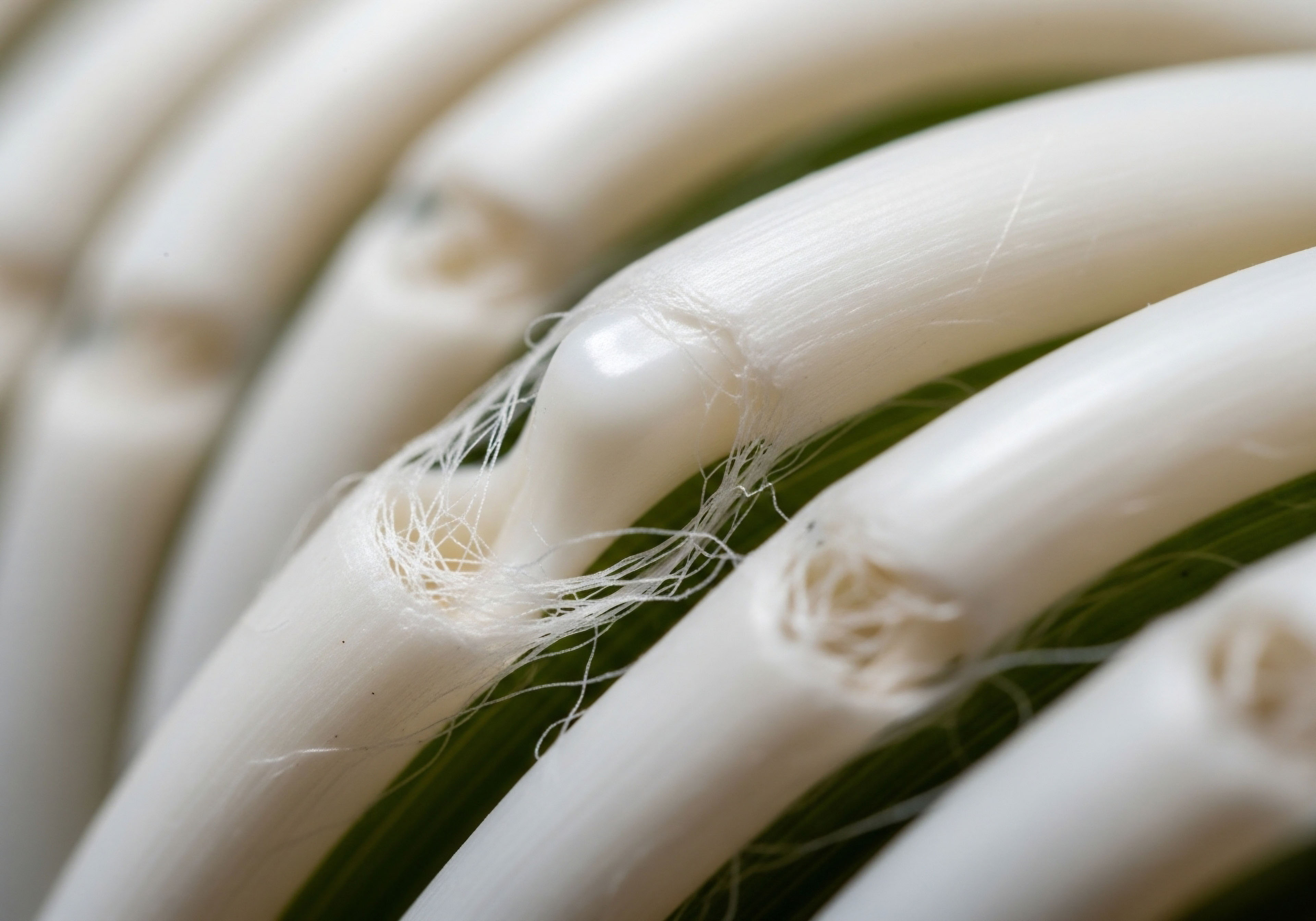Can Data Privacy Breaches in Wellness Programs Impact Metabolic Health?

Digital privacy breaches can induce chronic psychological stress, triggering HPA axis dysregulation that measurably compromises metabolic function and hormonal balance.
HRTioOctober 12, 2025

